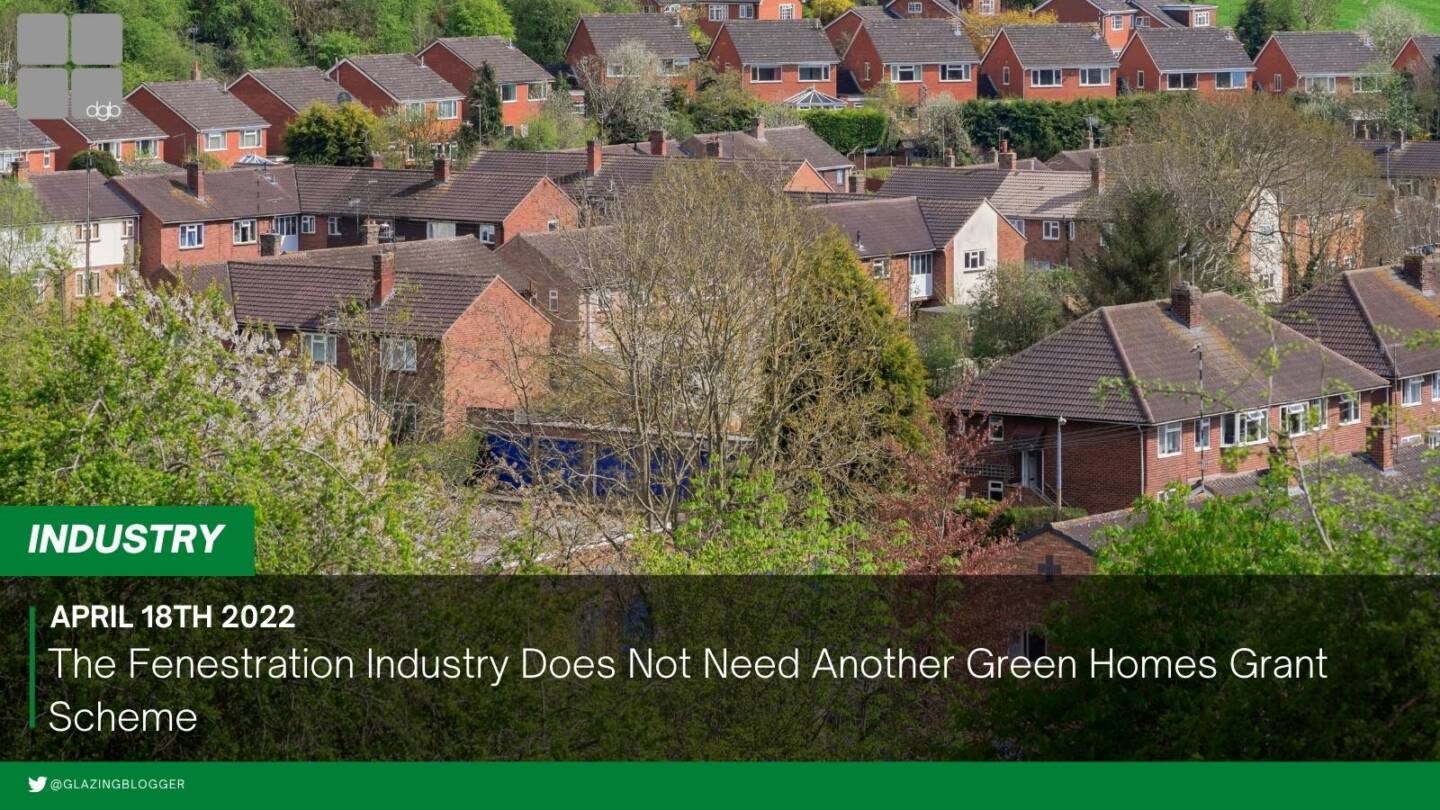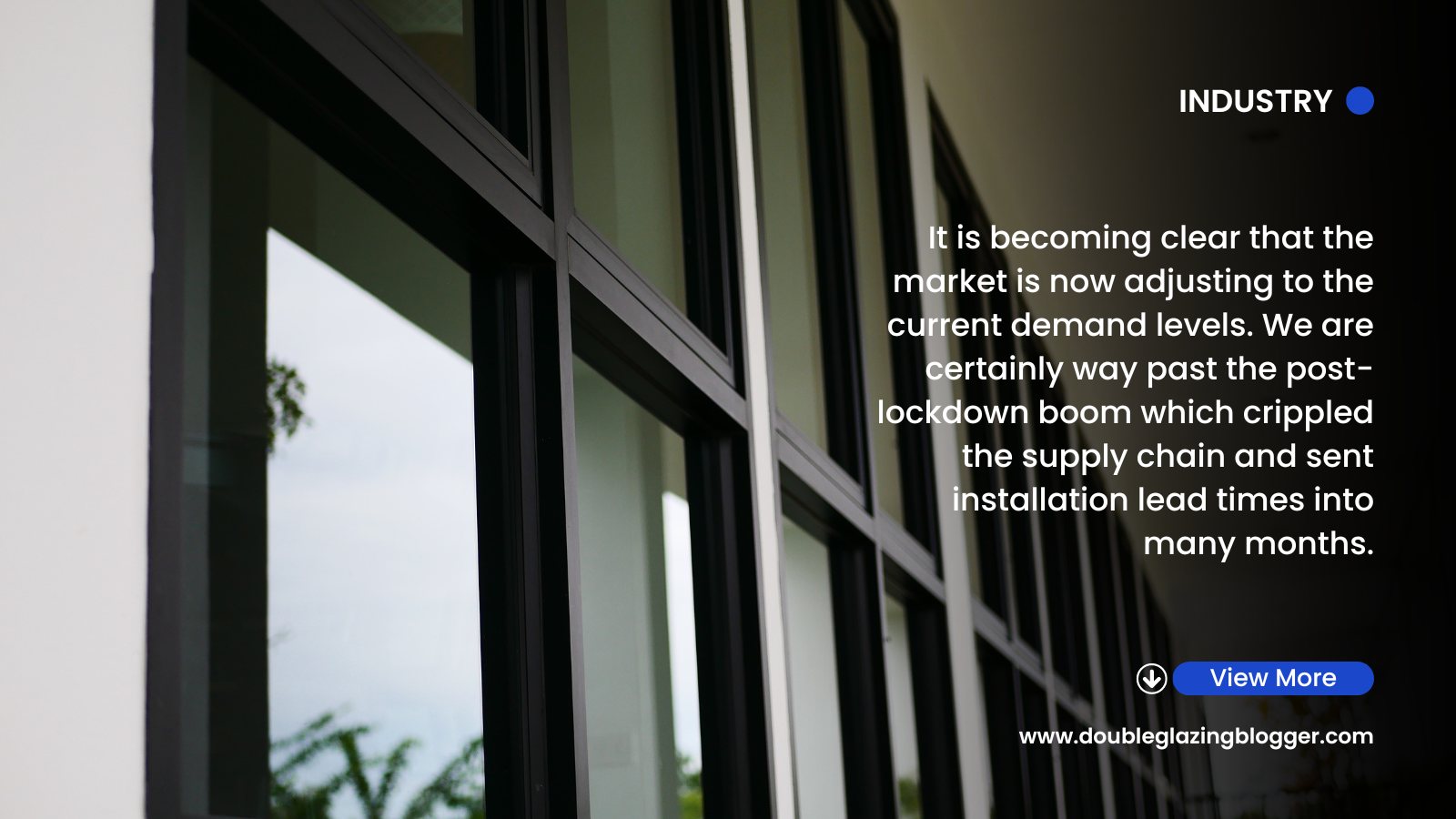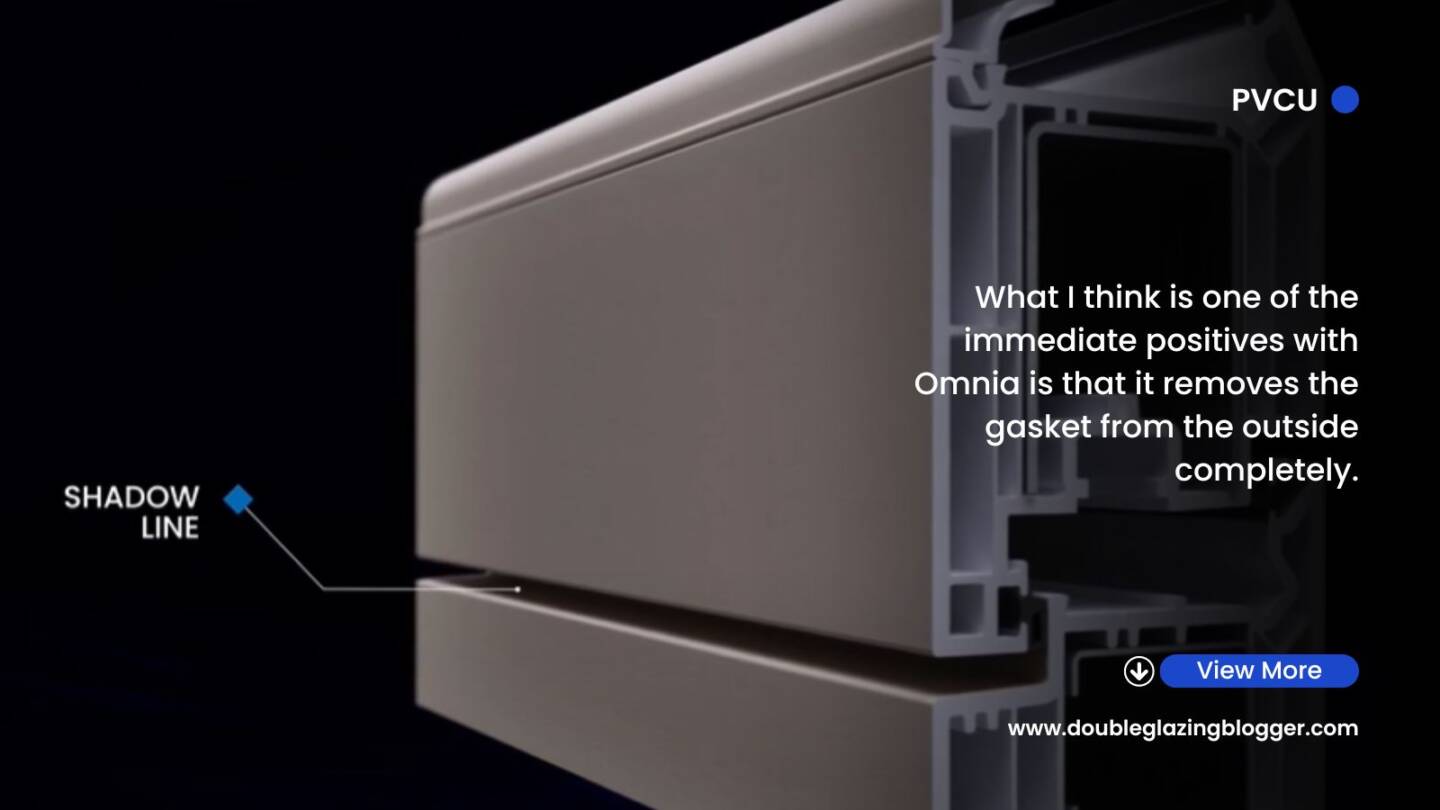In the Chancellor’s Spring Statement in March, Rishi Sunak announced a handful of measures in an attempt to continue to steer the UK in the right direction on the green climate front. It wasn’t enough, but that is by the by.
We saw VAT reduced from 5% to 0% on solar panels, heat pumps and insulation. We saw new investments in nuclear power plants and wind farms. We saw absolutely zip for windows and doors.
As short-sighted as that is, what we don’t need is any new over-complicated schemes to try and generate interest.
No new Green Homes Grant
We had the Green Deal. Remember that? Lasted less than two years and was shut down due to pathetic levels of interest from homeowners and industry. Then we had the Green Homes Grant in 2020 which was closed in 2021. Similar idea. Similar levels of interest from both sides. This one was even outsourced to an American company to run, which resulted in companies waiting 90 days to be paid for work done months before. What an achievement.
After two attempts at schemes designed to generate interest from homeowners, it’s clear that these types of mechanisms do not work. They are too complicated. They require too many hoops for homeowners to jump through. The requirements for installers wanting to take part are too complicated at a time when extra paperwork, qualifications and additional demands only add to the pressures of running busy businesses.
Here’s the thing: for many installers, order books are still measuring in months, not weeks. Sales may be slowing, but the residual work from last year means most will still have a very solid 2022. Installers don’t need the work right now. They can afford to be choosy.
Everyone I think does agree though that the UK’s housing stock needs to be vastly improved to curb emissions. How we get to the right result is where opinions differ.
We do not need any new versions of a Green Deal or Green Homes Grant. Nothing which requires additional bureaucracy for companies to take part. It’s a hurdle, not help and immediately kills interest. Yes, companies would always like more work. The future may bring leaner times so it’s important to keep sales funnels flowing. But this is not the way to do it.
Lower VAT, but a catch
If you want to generate genuine interest from homeowners and companies then you have to focus on cost. And in this climate of spiralling inflation, this is guaranteed to catch the attention of any homeowner who is concerned about the cost of heating their home.
We have seen other sectors granted 0% VAT by the Government recently. Solar panels, insulation, heat pumps etc. Want to know the difference between us and them? The others are PAS2030 qualified. We are not.
Our industry is infamous for its reluctance to change, to adapt, to try new things and to generally work together to be better. It is why the Government has such a poor view of our sector. Our inability to speak as one, to remove ego and attitude from the table, means that when we go to them with cap in hand, they more often than not say no.
So here’s the catch. We all know that better windows and doors make the most difference to the heating in a home. There have been enough reports and studies to demonstrate that. That single point alone makes the argument for lower VAT stronger than perhaps any other product group. However, if we go to Government, be it in a band of small splinter groups or a larger single one, the counter demand to our request for lower VAT will be to become more qualified. Other sectors around us are way further down the qualification road than we are. That is why you are seeing other sectors gain certain benefits. The Government has seen other sectors willing to become better and have been rewarded in other ways.
That, I’m afraid, is where we’re going to become stuck. But I will rant on about our lack of cohesion and the wrong people being charged with the leadership of this industry another time.
There is a bargain to be struck. Our argument for lower VAT is strong. A reduction to 5% or even 0% is guaranteed to generate a huge amount of new business. Imagine the marketing message our sector could put to the homeowner. Imagine how much a 15% or 20% cut to costs could reverse some of the many price increases that have been passed down to the consumer. Imagine how many more homes would be better insulated. But to get what we want, we would have to agree and come to a common position on one of the stickiest issues we have: standards and qualifications. And that is where my optimism wanes significantly.
If you’re an installer reading this, would you be willing to become more qualified and subject to scrutiny in return for lower VAT rates and potentially a lot more business? Leave your thoughts in the comments section below.
To get weekly updates from DGB sent to your inbox, enter your email address in the space below to subscribe:
By subscribing you agree to DGB sending you weekly email updates with all published content on this website, as well as any major updates to the services being run on DGB. Your data is never passed on to third parties or used by external advertising companies. Your data is protected and stored on secure servers run by Fivenines UK Ltd.





